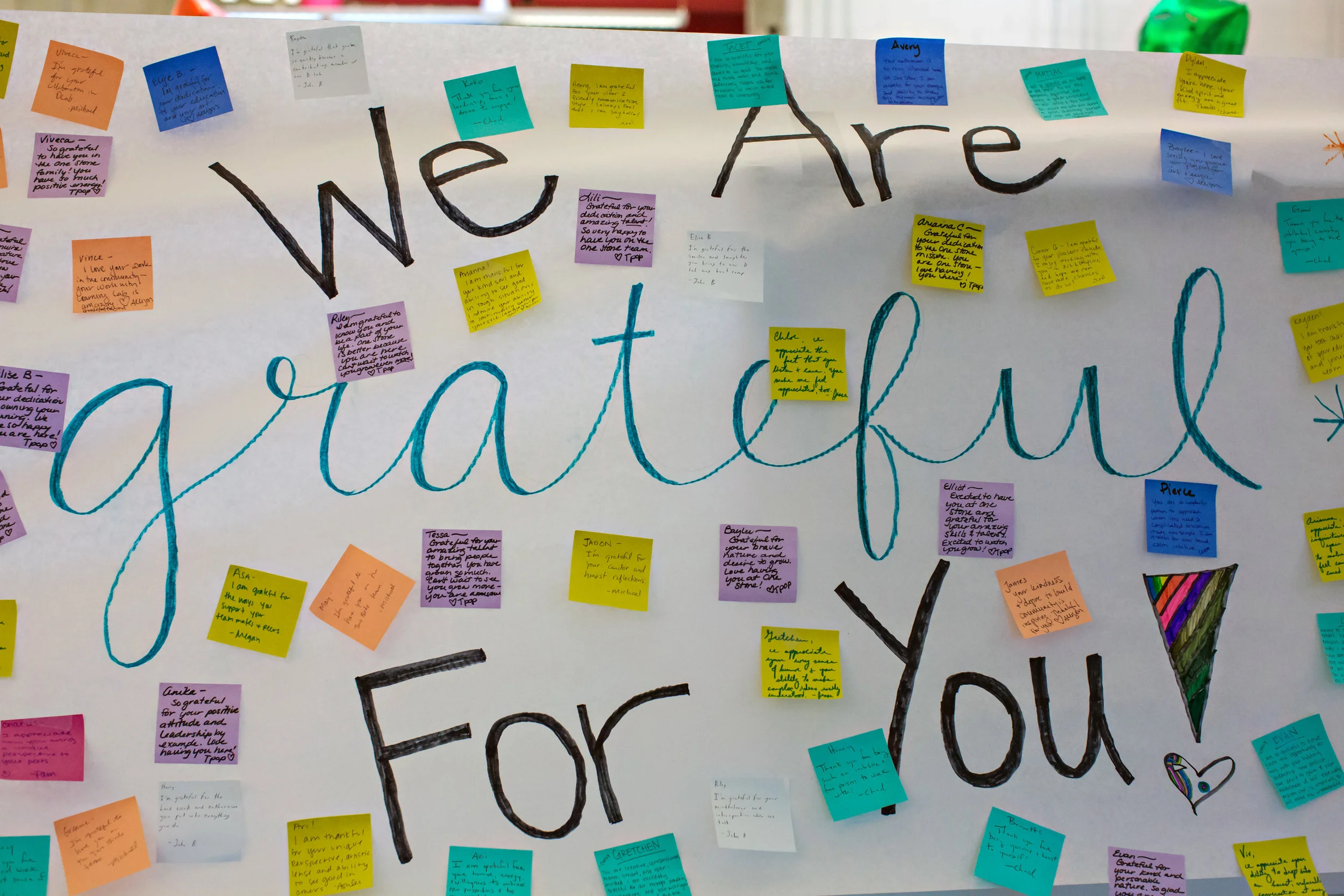Sticky notes of gratitude.
“Know us. Know your students’ names. Know who they are,” he said matter-of-factly, while leaning back in his chair, bouncing a tennis ball, and avoiding eye contact. He was about 16, attending an alternative high school and talking with a group of graduate students of education, one of whom had asked him for suggestions as to what teachers could do to have fewer at-risk students. This was over 10 years ago but the words were so powerful, I’ve never forgotten them.
“At-risk” is typically characterized by any or all of the following: emotional or behavioral problems, absenteeism, poor academic performance, lack of interest in school, and challenges transitioning into adulthood and becoming economically independent.
What he said didn’t really surprise me. It’s what our professor told us on the first day of class, just worded differently. The professor’s version went something like, “The number one reason students become at-risk is because they don’t feel as though they have an adult in their life who cares about them or who they can connect with.”
What did surprise me was the shocking simplicity of the student’s statement. We assume that at the very least, teachers know all their students’ names and who they are.
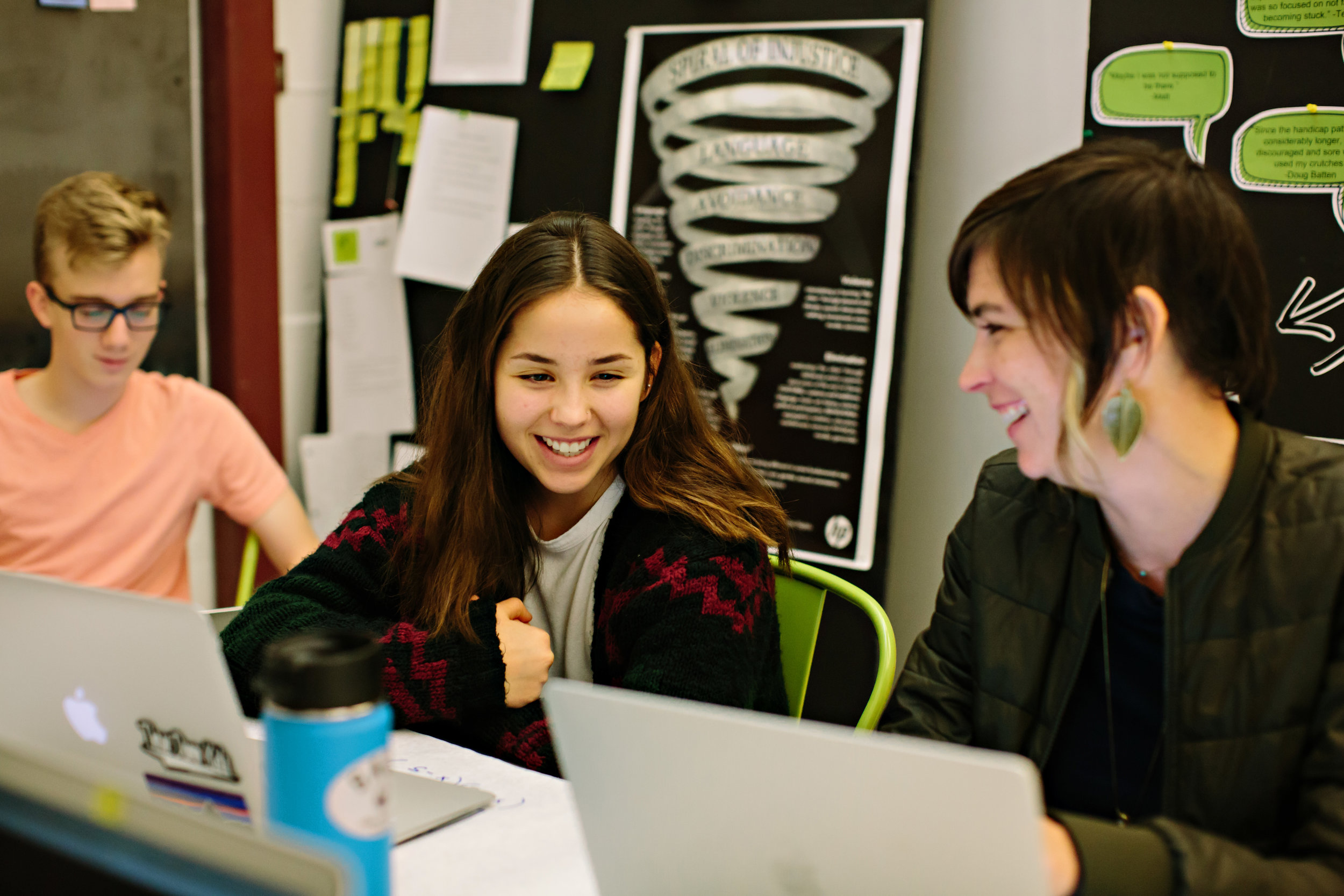
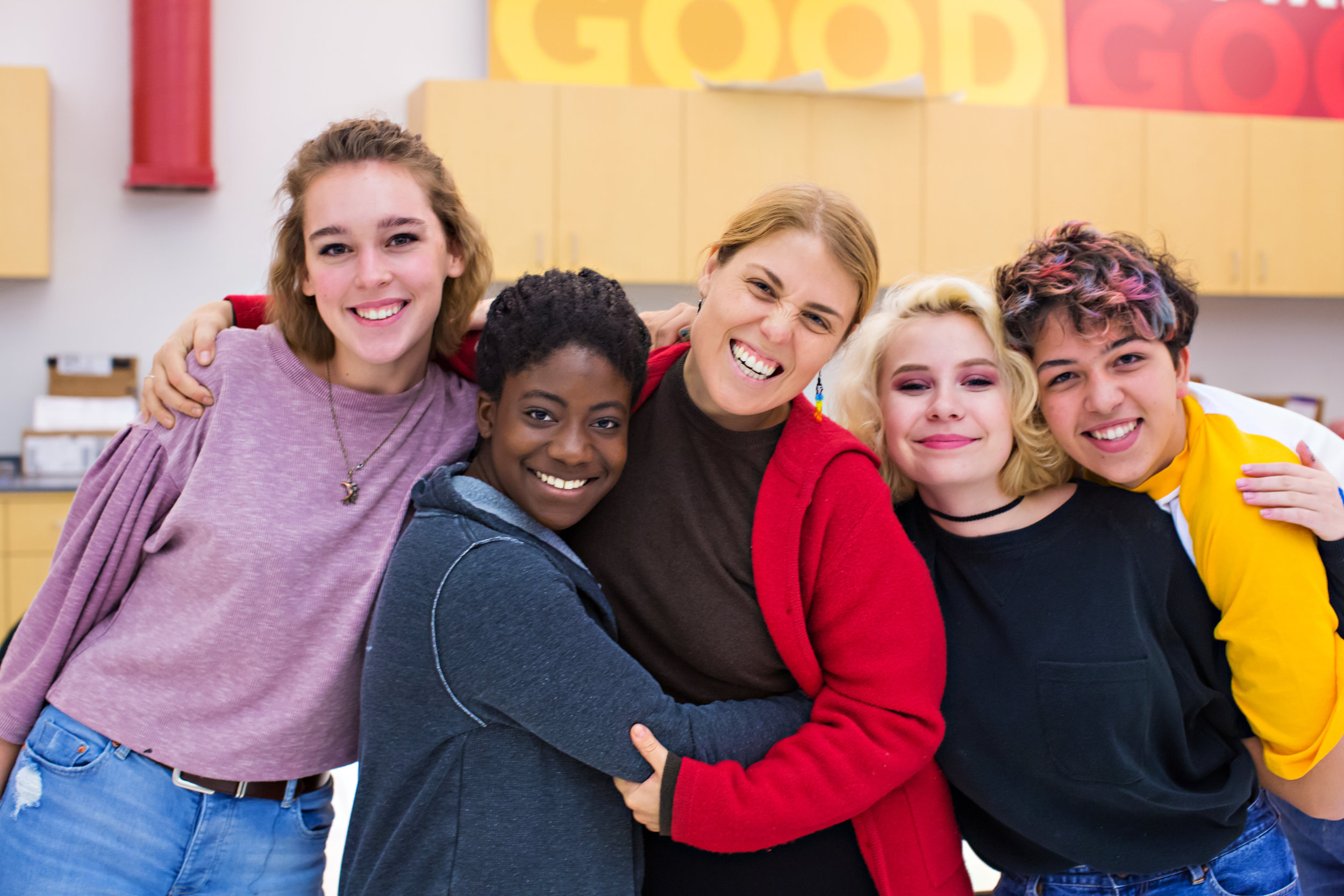
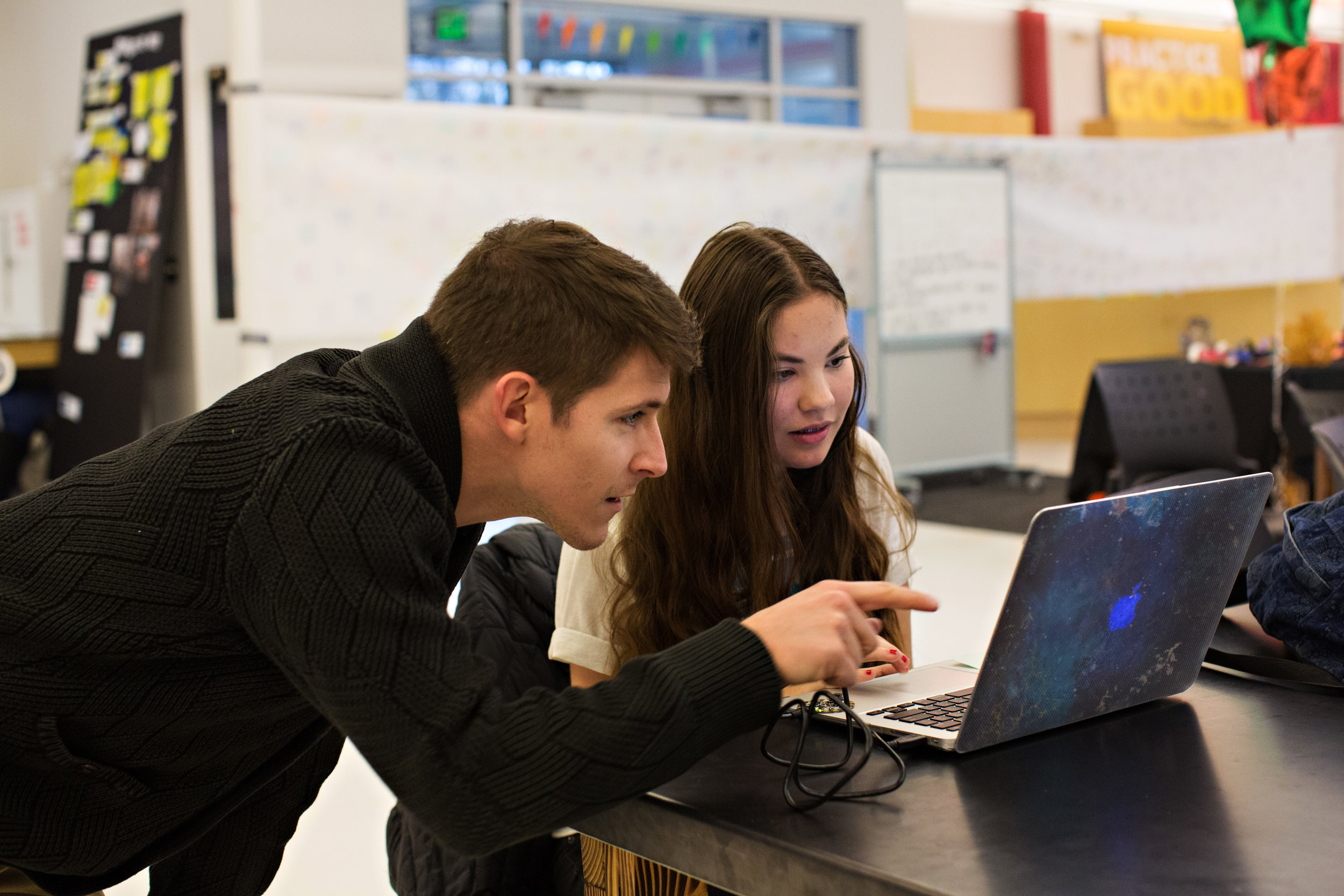
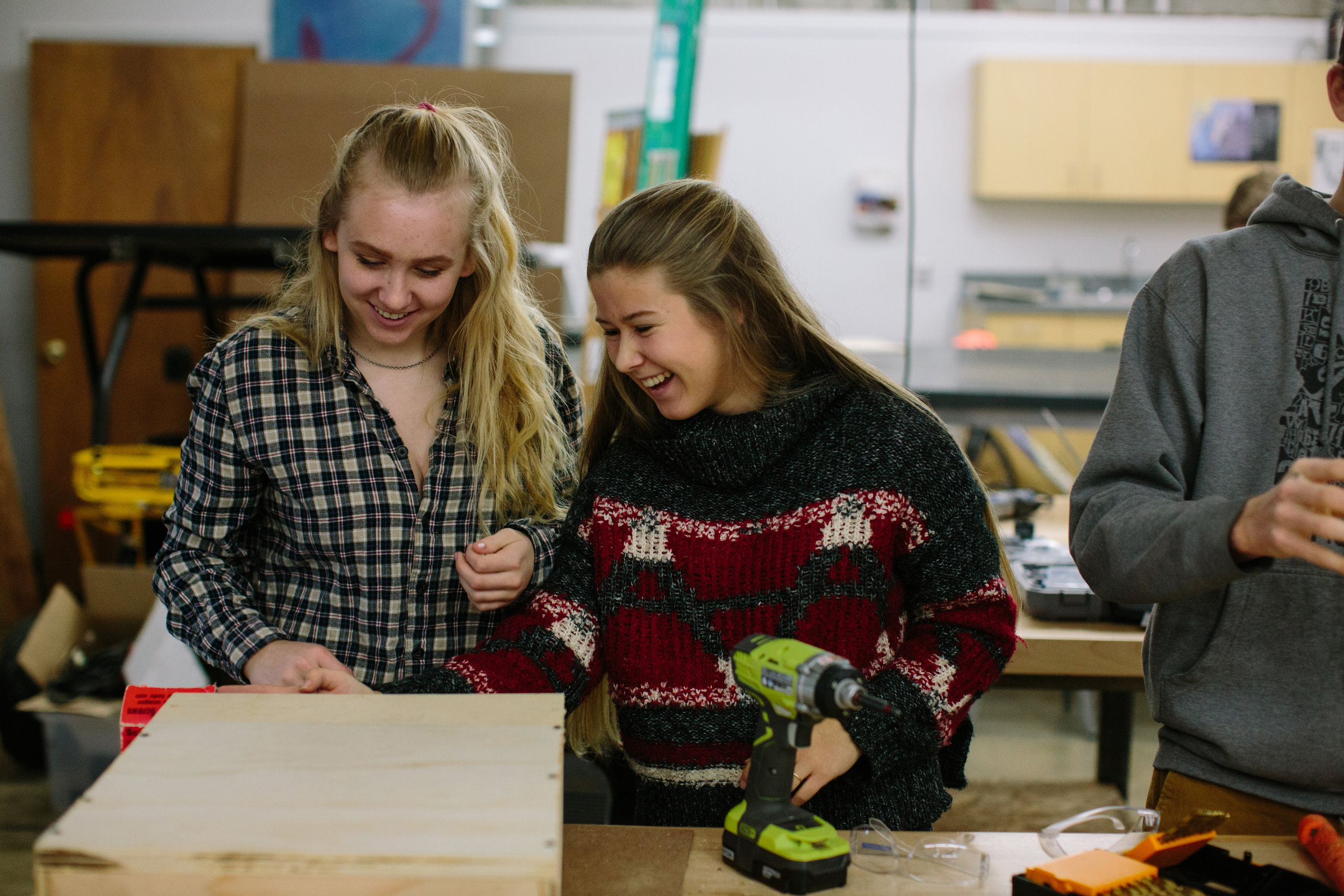
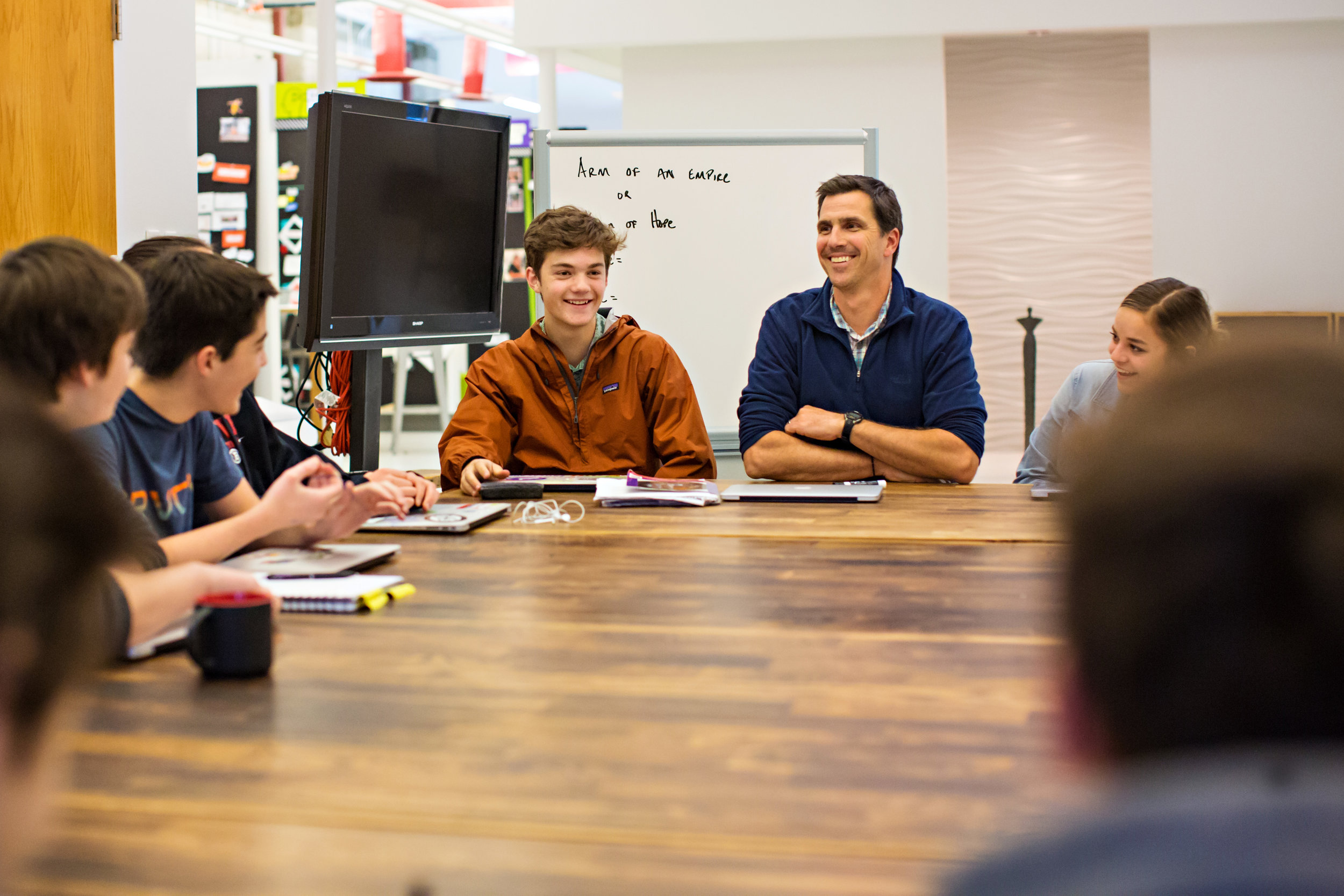
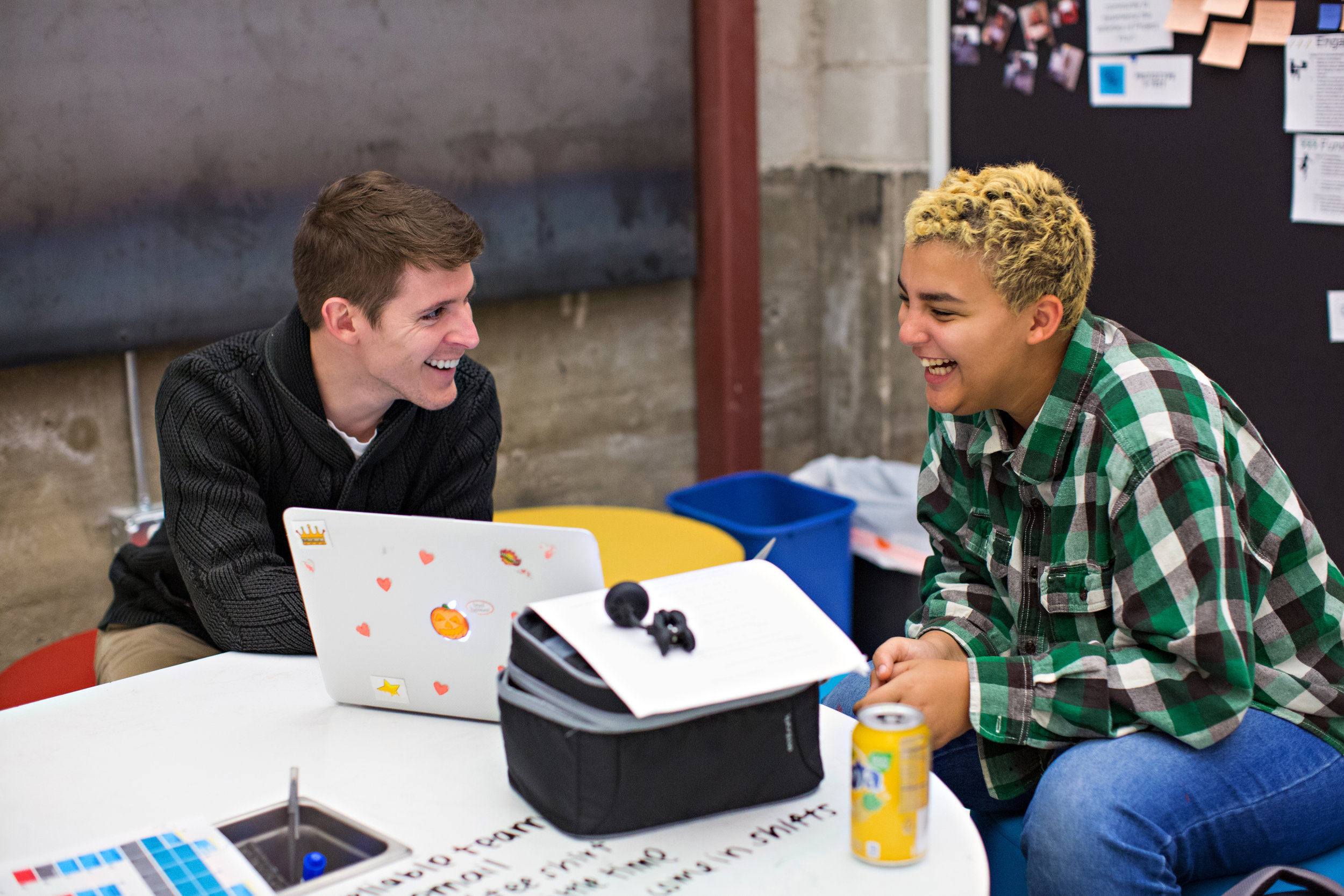
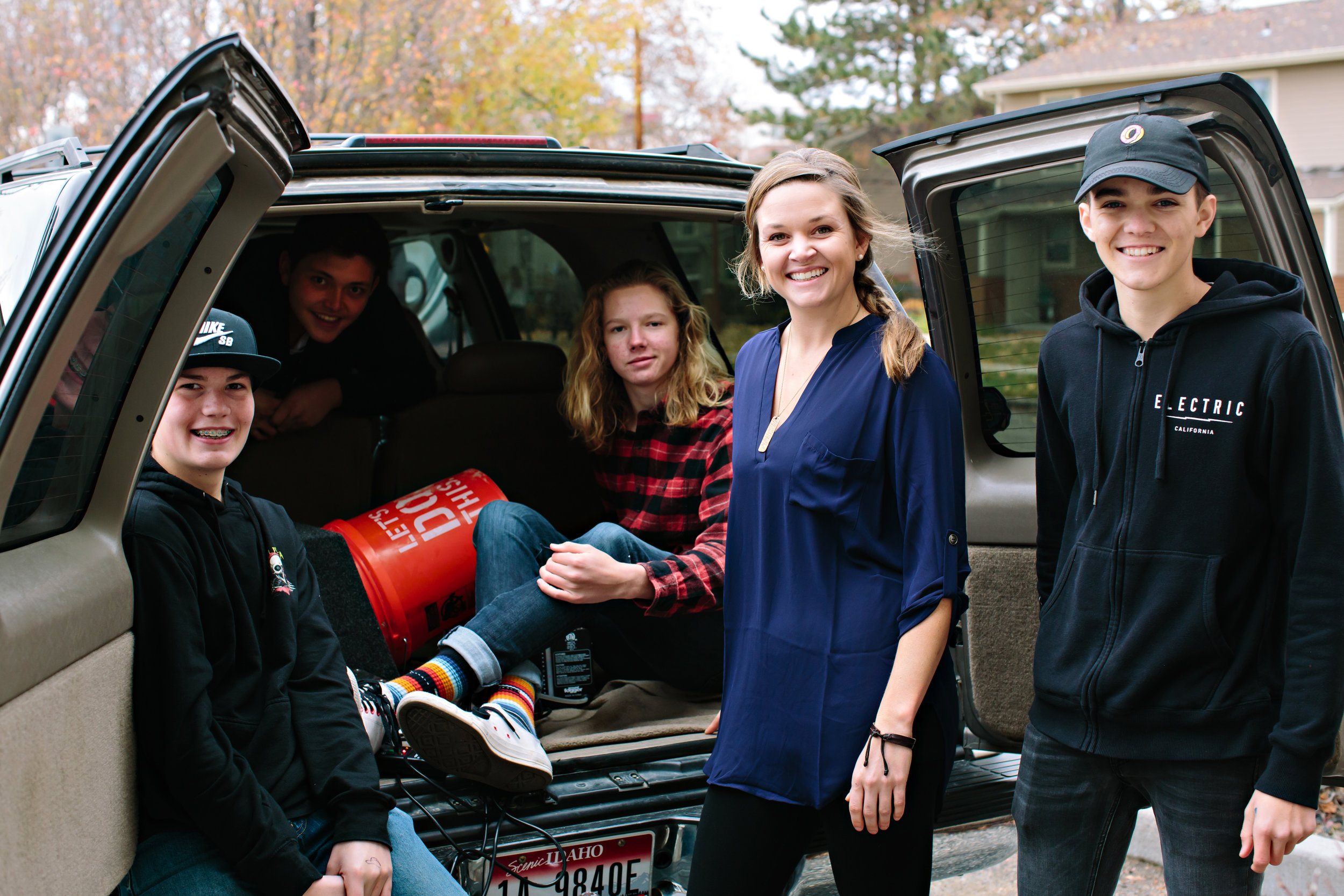
One of the main challenges with teaching is how many layers there are to the job. In addition to teaching–a challenging job in and of itself–there are lessons to plan, papers to grade, parents to call, kids to help, field trips to arrange, meetings to attend, events to chaperone, activities to lead...the list goes on and on. It’s important to focus on all of these things, but I wonder if sometimes we get so caught up that we forget the most basic yet most important part underlying it all: knowing our students and working every day at building relationships with them.
November is a time of giving thanks. To say thank you, I’d like to dedicate this blog to all the teachers out there—and I don’t just mean those in classrooms; this extends to the teachers, administrators, parents, neighbors, coaches, and mentors—all the members of the village who “work” (some without even realizing it) in schools, at the dinner table, over the fence, on the field, in after-school programs, during internships—to show that they care by taking time to get to know and form connections with students.
At One Stone, gratitude is part of the growth mindset we aim to foster in our community.
©2017 One Stone, Inc. All Rights Reserved
To recognize our coaches and the outstanding work they do, I asked One Stone students what they appreciate about them. They mentioned their coaches’ flexibility (“They’re flexible.” “They tailor to each student’s needs.”) and the equality of relationships (“They don’t act superior.” “They treat you like equals.” “We work together rather than them telling us what to do.”) but by far, the thing most commented on, most appreciated, was the connection between coaches and students.
Here’s what students had to say:
“They take time to make personal connections with us.”
“They’re invested in you. You don’t want to let them down and that makes you a better student.”
“They care and want to help you, get to know you.”
“They’re very supportive. It feels like they’re there for me.”
“They give so much help.”
“They care about you as a person, not just your grades.”
“They empathize with you.”
“They’re so nice.”
“They’re approachable.”
“They connect with you on a personal level.”
“They’re super welcoming, genuine.”
“They validate you.”
“They listen.”
“They’re very understanding, like if you’re missing work, they’ll work with you.”
“They’ve helped me become a better person.”
“They create real connections, friendship.”
“They make deep connections. They genuinely care.”
“They give their time. It’s like they’re always there. I get emails on weekends and at night.”
“They take time to talk to every student.”
“They’re open and nice. They’re interested in knowing you.”
“They’re willing to take time to help see positivity in our lives and what’s going well.”
“They encourage me to be myself.”
“They help you study what you choose to learn.”
“I’m not the most social person. And I’ve only been here a little while but they’ve helped me come out of my shell a bit.”
One student summed it up the most succinctly. When asked what she appreciated about her coaches, a huge smile came across her face. She laughed and said, simply, “EVERYTHING!”
If you’re currently an educator—of whatever sort--never underestimate the power of the relationships you build, and remember, your students are grateful for the connection they have with you, even on the tough days.
If you’re a student, think of a time in your current life or recent past; if your school days are behind you, think back, especially to your teenage years: Was there a teacher, coach, mentor, or other adult you had a positive relationship with, who maybe changed your life? Consider saying a quiet recitation of thanks. Or, better yet, see if you can find him or her. Take a few minutes and write a note to express your gratitude, even if you don’t have an address to send it to. Consider how you might “pay it forward” by working with teens in your community.
There’s a certain magic at One Stone that we refer to as “secret sauce.” It’s a great term that comes in handy when you can’t put the magic into words. But I’ve been paying close attention since I started working here in July and I can say that the magic doesn’t happen by accident. For instance, before the start of the school year, we meet as a staff and review each new student: his/her photo, learning style, hobbies, and why they chose One Stone. Then, on the first day of school, we gather the community and enthusiastically announce each newcomer, sharing some of this information to welcome them, to highlight their unique qualities, to help others get to know them, and to let them know we’re glad they’re here. This ceremony is one of many ingredients that make up our secret sauce.
At One Stone, we start by building relationships because we know that everything throughout the school year–learning, effort, participation, and growth–flows from there. With any luck, maybe there will be a few less at-risk students in the world.
Jane Walther is grateful to be a part of One Stone, an organization that makes students better leaders and the world a better place.

